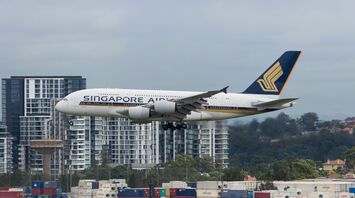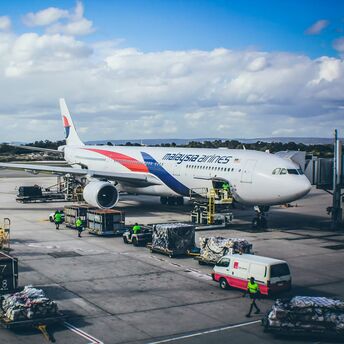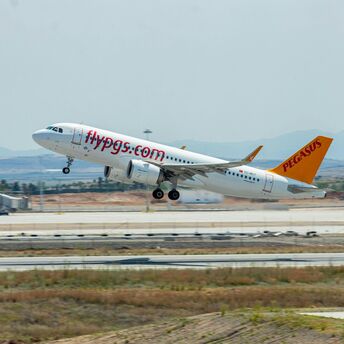Boeing 777 Involved In Fatal Turbulence Incident Returns To Singapore

The Singapore Airlines Boeing 777-300ER, which encountered severe turbulence on a flight from London to Singapore, has returned to its main base at Singapore Changi Airport (SIN). The aircraft was ferried back on Sunday after being grounded in Bangkok for five days.
Following the incident, Singapore Airlines has revised its seatbelt policy due to the increasing reports of extreme turbulence, which experts attribute to climate change. The incident, which resulted in injuries and the death of a passenger, has shaken the aviation industry.
The aircraft, registered as 9V-SWM, flew from Suvarnabhumi Airport (BKK) to SIN, taking off at 10:49 AM and landing at 1:39 PM. The flight lasted one hour and 50 minutes, and the aircraft is expected to remain out of service as investigations continue.
The turbulence incident occurred on May 20th during flight SQ321 from London Heathrow to Singapore. The aircraft suddenly dropped in altitude, causing passengers without seatbelts to be thrown against the cabin ceiling. A 73-year-old British man died of a suspected heart attack, and several passengers were injured. Fifty-two people remain in Bangkok, with some in intensive care.
Experts believe clear air turbulence, which is difficult to predict, is becoming more frequent due to climate change. Paul Williams, a professor of atmospheric science, and Thomas Guinn, Chair of applied aviation sciences, have both stated that climate change is increasing the frequency and intensity of turbulence.
Turbulence is a leading cause of injuries in aviation. Passengers are advised to keep their seatbelts fastened at all times, even when the seatbelt sign is off. In response, Singapore Airlines has suspended hot beverage and meal services when the seatbelt sign is on.
This incident underscores the importance of updated safety measures and the impact of climate change on air travel. As turbulence incidents become more common, airlines may need to adopt further measures to ensure passenger safety.



















